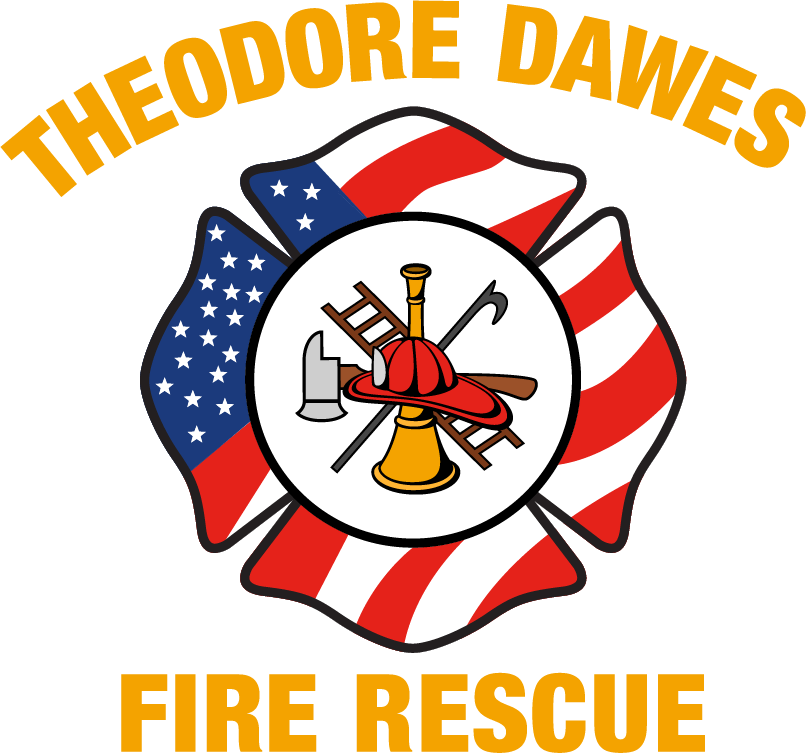General Definition of Work
The Firefighter performs responsible service work in fire suppression and prevention; does related work as required. Work is normally performed under the supervision of a department Officer.
Basic Summary of Duties
Emergency response calls can come in at any time the day or night and must be responded to. Sleep may frequently be interrupted.
Firefighters must be able to get themselves dressed in the appropriate gear/equipment and onto the emergency vehicle quickly and safely when responding to an emergency call, regardless of what they might be doing at the time the emergency call comes in.
Emergency calls may include but are not limited to: brush fires, structure fires, automobile accidents, life threatening medical emergencies, non-life threatening medical calls, utility failures, and false alarms. All must be responded to with the same sense of urgency and professionalism.
Once on an emergency scene, Firefighters are responsible for gathering information from witnesses and other sources. It is critical that the Firefighter thinks quickly and obtains the appropriate information to deal with the unique situation.
Firefighters coordinate their activities and act as a team utilizing the Incident Command System. This includes those Firefighters working directly with the emergency, those directing traffic, and those standing by to relieve other Firefighters.
Firefighting is considered a very dangerous occupation. Firefighters must enter burning buildings, work in inclement weather, operate heavy and complicated equipment, and perform tasks (not normally asked of a regular civilian) which may be in an Immediate Danger to Life and Health (IDLH) atmosphere.
Firefighting is very physically demanding. Firefighters at times carry 80 – 100 pounds of equipment, such as hose, axes, generators, ladders, chainsaws, and fire extinguishers into and around the fire scene to help victims or put out a fire.
Firefighters will be required to climb ladders and stairs with equipment, wear personal protective equipment (PPE) such as turnout gear, respirators, life jackets and harnesses.
Firefighters use hand tools such as axes, sledge hammers, pry bars and pike poles to force entry and break windows or to open doors and roofs. Power tool use may include chainsaws, cutting saws, torches and the jaws-of-life.
Firefighters respond to alarms, drive and operate equipment and related apparatus. Firefighters locate hydrants and other sources of water. They connect hoses and appliances using various tools and considerable strength.
Firefighters operate hand-held hose lines without assistance and get the hose into position by dragging, carrying, pulling or hoisting it into place on the fire scene or within a burning structure, and assist in the suppression of fires; including rescue, ventilation, salvage work, extrication and emergency medical care of victims. They perform cleanup and overhaul work. They carry furniture, clothing, appliances, etc. from buildings to reduce fire and smoke damage.
Firefighters scoop, shovel, sweep and mop excess water and debris caused by the emergency or by fire department efforts. Firefighters pull and tear down walls, floors, and ceilings. They shore up weak or dangerous parts of buildings and vehicles.
Firefighters use systematic search procedures to try to find or rescue trapped victims without getting lost or trapped themselves. They free trapped victims from a variety of situations including car crashes, cave-ins, and other unusual occurrences.
Firefighters may also come into contact with blood, odd smells, unusual sights & sounds, broken bones or victims who have suffered serious traumatic injuries and may die despite their best efforts to rescue them.
Firefighters often have specials knowledge, skills or experience from their everyday jobs that may be called upon to help mitigate or abate a situation. This is something they are expected, when appropriate, to share with the department.
Participation in continuing training and instruction programs by individual study of technical material and attendance at scheduled drills and classes is required.
Firefighters conduct station tours for the general public, schools, and other group programs. They attend parades, block parties and visit churches, schools, clubs and other areas within and around our community to promote fire safety. Attendance at the activities is a vital part of our departments continued success in educating our community. Firefighters’ participation at these and other similar events is expected by our department to ensure the public always receives a service.
Knowledge, Skills and Abilities
Firefighters need to have a general knowledge of the street system and physical layout of the Township; general knowledge of emergency care methods and equipment; ability to understand and follow written and oral instructions; ability to establish and maintain cooperative relationships with fellow employees and the public; ability to keep simple records and prepare reports; possess a strong mechanical aptitude; ability to perform heavy manual labor; skill in operation of heavy emergency equipment.
Education and Experience
Any combination of experience and training equivalent to graduation from high school.
Special Requirements
Minimum of 18 years of age. Possession of a valid driver’s license.
